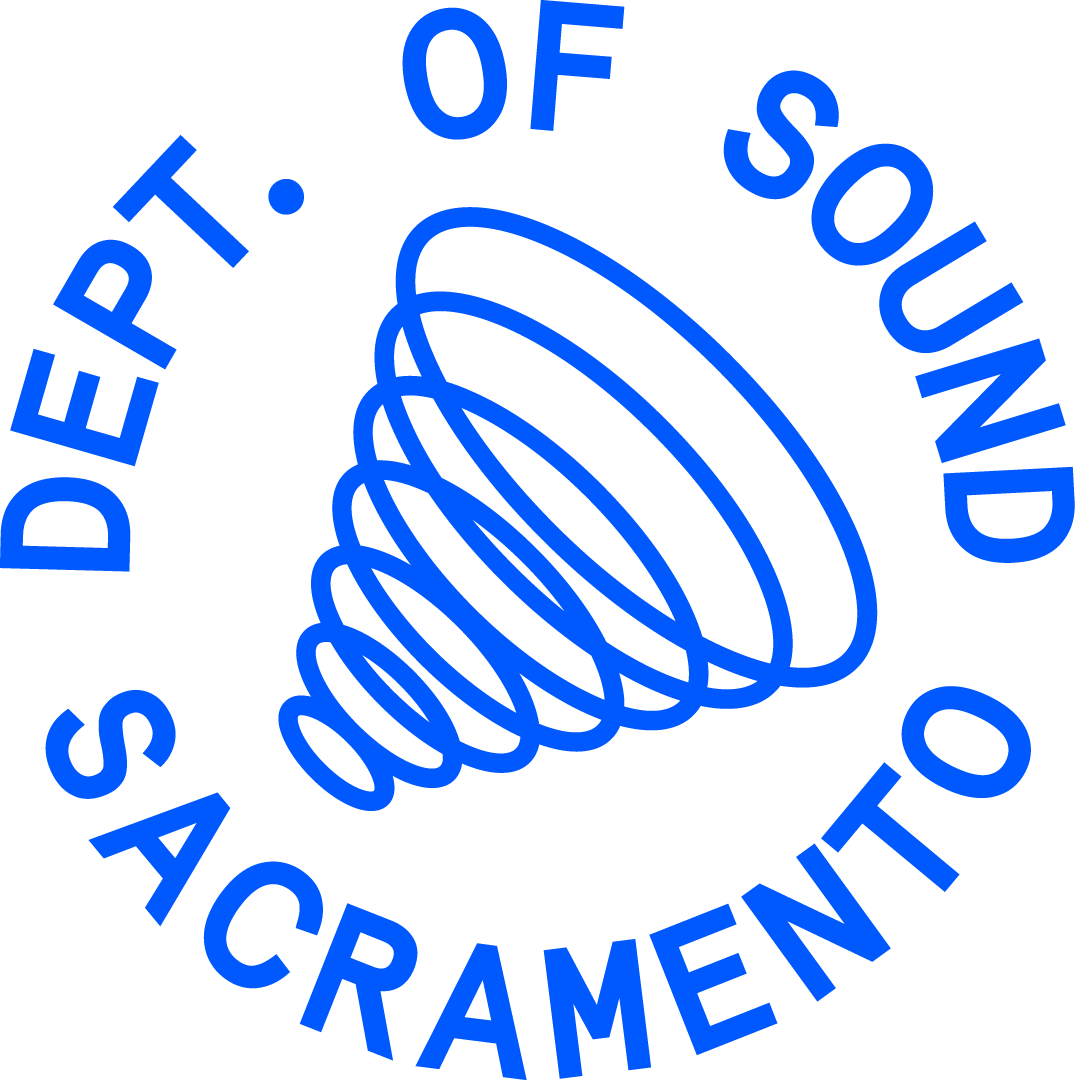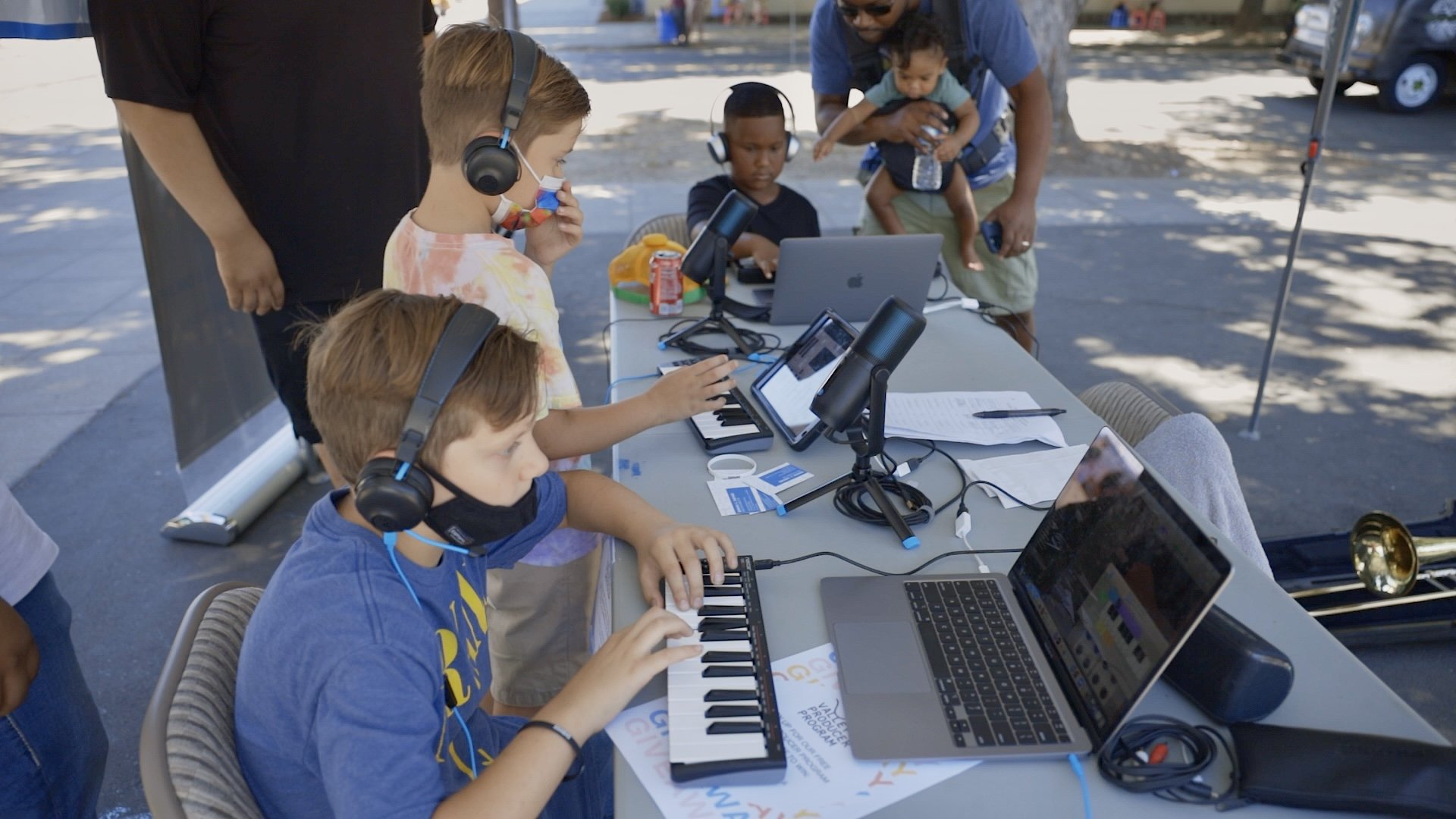The BENEFITS OF MUSIC education
Music is the universal language that we all enjoy. The process of creating music is rewarding in itself, and it also happens to offer us more than just fun and relaxation. In fact, even the slightest action like tapping along with a song can have psychological benefits. This is one of the most important reasons music is so beneficial to us!
Research continually shows that music helps us improve our physical, mental, and emotional health. It’s linked with increased benefits to emotional well-being, cognitive functioning, and social skills. There is also overwhelming evidence that academic performance is improved when students have access to music education.
MUSIC AS A TOOL FOR MENTAL HEALTH & WELLBEING
Music supports stress relief as a powerful means for expressing our emotions and altering our moods. Researchers have found that playing a musical instrument can reverse the body’s natural response to stress at the molecular level.
MUSIC AS A TOOL FOR CONNECTION
In addition to developing sensitivity, awareness, and critical thinking skills, music students have the chance to feel a sense of connection and belonging with peers through a shared experience of creativity. Music lessons offer a forum where youths can learn to give and receive constructive feedback by voicing their opinions in a safe environment while building self-confidence and connecting with one another.
MUSIC AS A TOOL FOR SOCIAL JUSTICE
Artists have long used music as a tool for political and social commentary, bringing a voice to issues that might otherwise go unsung. Artists like Kendrick Lamar, M.I.A., and Public Enemy have made the fight for social justice a central aspect of their careers, and in the past year alone, artists like Run The Jewels, Anderson .Paak, Lil Baby, YG and WMG-signed Meek Mill released tracks as a direct response to systemic racial injustice and widespread police brutality.
“Music enhances the process of learning. The Systems they nourish, which include our integrated sensory, attention, cognitive, emotional, and motor capacities, are shown to be the driving forces behind all other learning.”
Kent State University, "Evolving Technology in Musical Education."
ADDITIONAL BENEFITS OF MUSIC EDUCATION
Children involved in music lessons show greater brain development and memory improvement within a year compared to those who receive no musical training.
Students who participate in high-quality music programs score higher on reading and spelling tests, regardless of socioeconomic status or school district.
Involvement in public school music programs translates to an average of 107 points higher on the SATs compared with students who did not participate.
Data from the U.S. Department of Education on 25,000 middle and high school students indicates that consistently high levels of involvement in instrumental music correlate with “significantly higher levels of mathematics proficiency by grade 12.”
The presence of music programs in schools influences both attendance and graduation rates: schools with music programs have an attendance rate of 93.3%, compared to 84.9% in schools without, and an estimated 90.2% graduation rate compared to 72.9%.
SOURCES
"Music Makes the Grade." The National Association for Music Education. (2015, February 24). Retrieved from https://www.nammfoundation.org/articles/2014-06-09/how-children-benefit-music-Education-schools
"Recreational music-making modulates the human stress response: A preliminary individualized gene expression strategy." Medical Science Monitor: International Medical Journal of Experimental and Clinical Research (2005, March) 11(2):BR31-40
"Statistical Benefits of Music in Education.” Arete Music Academy. (2014, January 15). Retrieved from https://www.areteacademy.org/news/details/statistical- benefits-of-music-in-education
Hille, Katrin, et al. "Associations between music education, intelligence, and spelling ability in elementary school." Adv Cogn Psychol 7, 2011: 1–6.
Profiles of SAT and Achievement Test Takers, The College Board, compiled by the Music Educators National Conference (2002). Retrieved from https://www.musicforall.org/who-we-are/advocacy/quick-facts
U.S. Department of Education NELLS88 Database. Retrieved from https://www.musicforall.org/who-we-are/advocacy/quick-facts.
"Music Makes the Grade." The National Association for Music Education. (2015, February 24). Retrieved from https://www.nammfoundation.org/articles/2014-06-09/how-children-benefit-music-Education-schools
"Music Education Statistics." Children's Music Workshop. Retrieved from https://www.childrensmusicworkshop.com/advocacy/factsandstatistics/



